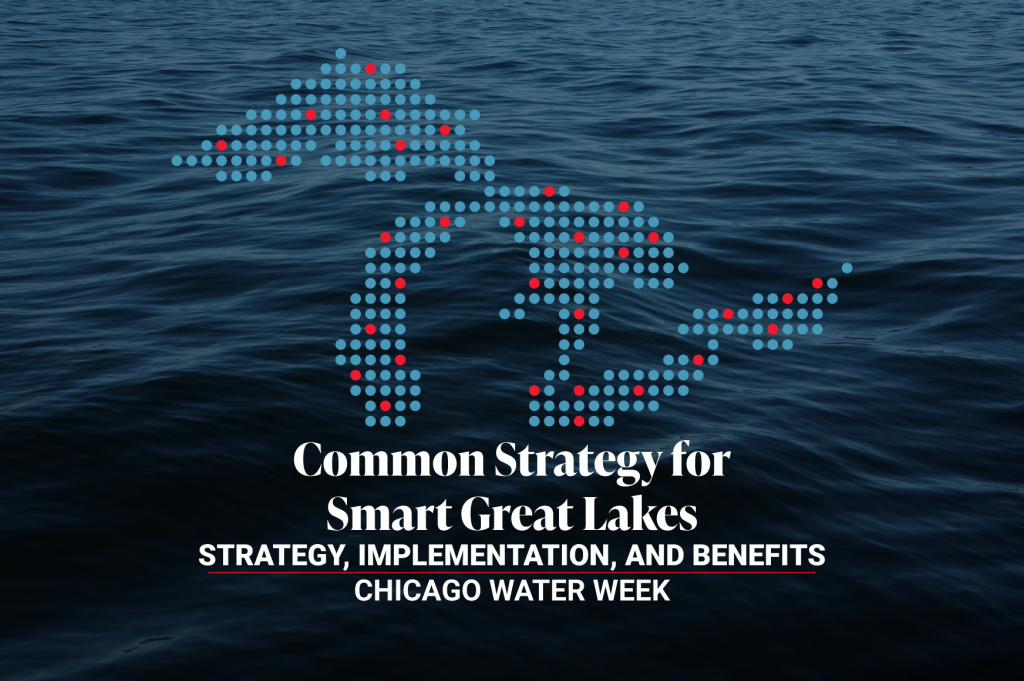Smart technologies including wireless sensor networks, edge computing, and machine learning show great promise for improving our ability to observe and predict the behavior of the Great Lakes. Distributed, real-time data collection will dramatically increase the amount of information on the Great Lakes, and broad data sharing can facilitate coordination to address shared challenges – including assessing the effects of climate change, managing infrastructure and transportation systems, and responding to immediate hazards such as extreme weather events. This panel discussion will address the needs, challenges and benefits of implementing the Common Strategy for Smart Great Lakes, which will be released by the Smart Great Lakes Initiative on October 1st. Panelists will discuss data collection and sharing in the context of Great Lakes climate change, water levels, ecosystems, algal blooms, and flooding. Perspectives will be provided on needs and benefits for Great Lakes cities and Indigenous communities.
Smart technologies including cellular phones, internet of things devices, and 5G communications have transformed our ability to collect and share data over the last 10 years. These capabilities show great promise for improving our ability to observe and predict the behavior of the Great Lakes, including assessing the effects of climate change, managing infrastructure and transportation systems, and responding to hazards such as extreme weather events in real-time. This panel discussion will address the needs, challenges, and benefits of implementing a common vision and strategy for the Smart Great Lakes.
Featuring Smart Great Lakes Initiative members Aaron Packman (Northwestern University), Kat Kavanagh (Water Rangers), and Tom Hollenhorst (EPA); MWRD Commissioner Kimberly DuBuclet; and Barb Wall (Trent University).
More at SmartGreatLakes.org
